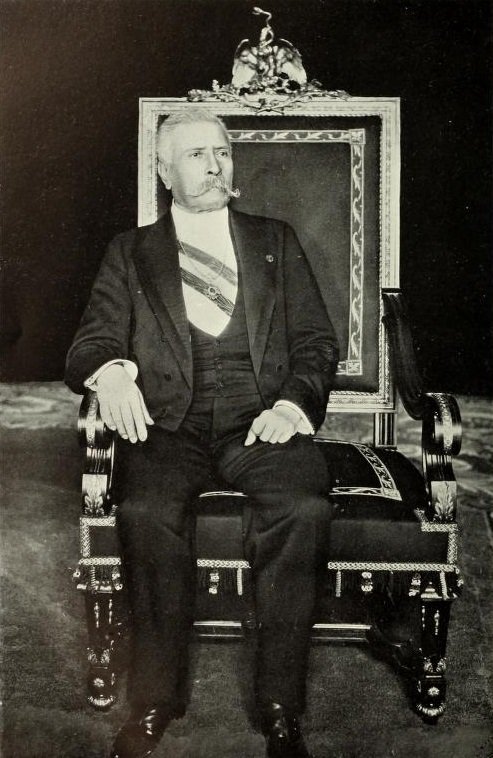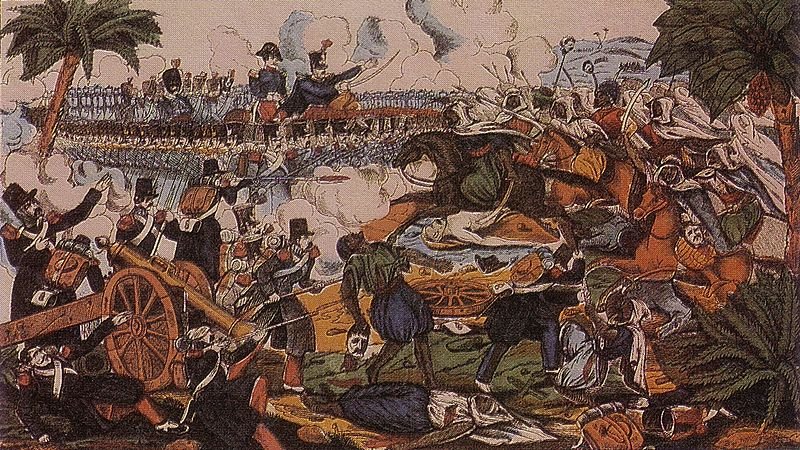The movement of civilizations has characterized the Levant. Most places are stagnant with similar people. The Levant always has cultures moving, from the Egyptian conquests, the Christianity’s dawn, the Crusades to the Modern Era. People who would not move...
The movement of civilizations has characterized the Levant. Most places are stagnant with similar people. The Levant always has cultures moving, from the Egyptian conquests, the Christianity’s dawn, the Crusades to the Modern Era. People who would not move caused the Yom Kippur War of 1973. After the 1967’s Six-Day War, the Israeli parliament voted to return relinquished territories to Egypt, however, they took no action. Also, Egypt and the Arab alliance remained firm in their convictions: no negotiation with Israel.
Ayrton Avery explains.

Israeli soldiers during the Battle of Ismailia, part of the 1973 Yom Kippur War.
War’s Course
Israel could have made concessions to Egypt after the bloody Six-Day War. This angered the U.S., though, and Israel refused the peace treaty that Egypt offered. Egypt’s president, Anwar El-Sadat, began purchasing weapons from the U.S.S.R and also organizing military exercises. By Yom Kippur (which coincided with Ramadan), war had begun. Though such conflicts were common, this war was unusual because Israel started the previous wars to maintain military superiority in the Levant. Now, Egypt fired the first shots, taking direct revenge. At the war’s beginning, Egypt and Syria entered the disputed territories, sparking an Israeli counteroffensive. Soon Israel pushed into Syria and Egypt, encircling Cairo in a few days after a bloody march. Then Jordan entered the war, and the Soviet Union considered involvement. After three weeks of fighting, there was a standoff between the Soviet and U.S. navies, escalating fears of a nuclear war and worsening global geopolitical tensions between two major powers. It was perhaps this that led the U.S. and the Soviet Union to broker a ceasefire.
The Effect
At the beginning of the war, the Israeli forces faced a series of surprising defeats, shocking their forces from their lethargy. After several failed counterattacks, affairs became in favor of the Israeli army. But the trauma of their defeats remained, and also the sheer luck that allowed the forces to defeat Egypt. Israel only invaded Egypt because of last minute American support (operation Nickel Grass), which was itself pulled up only because it could use a Portuguese airbase. The Arab coalition had become so powerful it could start an energy crisis in the West, and the Soviet Union probably gave Egypt nuclear weapons. Never had the Middle East been a major economic and social rival in modern times. The Middle East snapped free from both the influence of the Ottoman empire and also from dependence on Europe for its political ideals. This newfound independence, unknown since ancient times, pressured the Israelis to accept the terms of peace.
It is not clear why Sadat took part in the peace talks. He immediately got snubbed by the rest of the Arab countries for it. Of course, the war had been bloody on Egypt’s side, however; it seems more likely Sadat was perhaps a radical, and he also had Western sympathies, as he also seemed to dislike his country’s relation with the Soviet Union. Perhaps because of these same reasons, he ignored Palestine. He was trying to lead the Middle East on a path towards peace with Israel. But his former allies defected, preferring to support the Palestinian alliance, even though Palestinians had hardly fought in this war, unlike the previous confrontations with Israeli. However, the rest of the Levant was, like always, shifting. No longer allied to Palestine for ideological and military reasons, now they supported them for political attachments to Syria and Jordan, as well as possibly an anti-American sentiment. Indeed, the oppression of Palestinians in the Middle East and the entire world increased after the war, and this was because a new foreign policy, tailored to powerful and wealthy nations, had arrived in the region.
Legacy
The Yom Kippur War also successfully divided up the Middle East, largely into Western and Soviet camps. It was this disjunction that was a major cause for the Iranian Revolution, among other future conflicts. By trying to set peace, Sadat in fact, by siding with the West, setting the stage for more wars. It also divided the Middle East based on minor ideological differences, rather than united against Israel. If Sadat assumed this would end the conflict, he was wrong. Instead, it began an endless cycle of civil war and foreign intervention, and besides, the Palestine issue remained.
However, the actual result of the Yom Kippur War was that it forced the West to exert greater, forceful influence on the Middle East, whose peoples consequently retaliated. It is curious to note perhaps it was Egypt falling from Soviet control that started the Soviet-Afghan war, as it forced the U.S.S.R to find some new way to control the region. And it was this which eventually led to the creation of the Taliban. It is interesting how scholars have considered Palestine’s role in the Yom Kippur War as psychological. In fact, this war shifted Palestine from the hero of the Middle East to a stage for other conflicts. They forced Palestinians, subsequently, to go to more lengths to attract attention from their own former allies, in particular with the Second Intifada (2000-2005) and the subsequent uprisings.
Change is both a blessing and a curse for the geopolitics of this region. The only thing that is stagnant is the peace process, chaperoned by the West. Also, that division in the Arab world that the Yom Kippur War ushered in still exists today. Now the Middle East comprises ideological partners, some real allies, and some enemies for Palestine. This arrangement, meant to quell tensions, in fact has excited all the countries’ thirst for revenge and power. It is a drama of nations willing to die for their allies and emboldened by flimsy promises. There is a faint hypocrisy as well. It allows countries to provide support for Palestine and yet refuses to accept its refugees. Clearly, the region is still too tense to handle this much movement. However, movement (of refugees, armies, and cultures) is its nature, and it will continue, war, or no war.
Did you find the piece interesting? If so, join us for free by clicking here.
References
Bartal, Shaul. "Yom Kippur War Influence at the PLO Recognition and the Palestinian Problem." History 5.4 (2015): 255-267.
Begum, Imrana. "The Arab Uprising: Russian Disquiet on Western Involvement." journal of European studies (2013).
Farr, Warner D. The third temple's holy of holies: Israel's nuclear weapons. No. 2. USAF Counterproliferation Center, Air University, 1999. (p. 9)
Hamzawy, Amr, and Dina Bishara. "Islamist movements in the Arab World and the 2006 Lebanon War." (2006).
Kumaraswamy, P. R. "Revisiting the Yom Kippur War: Introduction." Israel Affairs 6.1 (1999): 1-10.
Robbins, Elizabeth. “Egypt, Jordan, and Other Arab Governments Reject Gazan Refugees.” FDD, Foundation for Defense of Democracies, 17 Oct. 2023, https://www.fdd.org/analysis/2023/10/17/egypt-jordan-and-other-arab-governments-reject-gazan-refugees/.
Singh, K. R. "Anwar El Sadat: Man with a Mission." (1977): 281-283.













